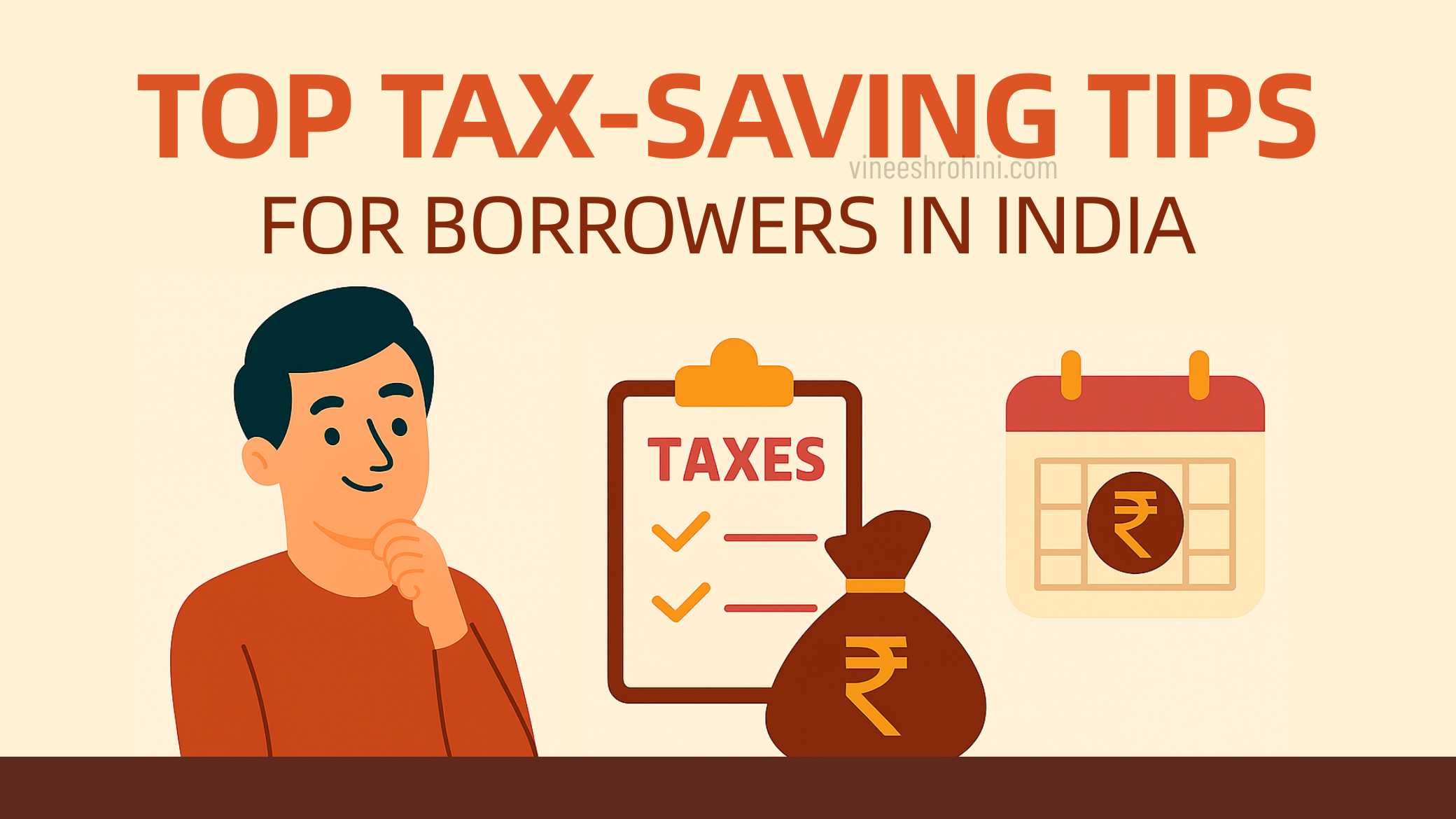How Credit Cards Work in India: Detailed Explanation for 2025
How Credit Cards Work: A credit card is a financial tool issued by banks or NBFCs that allows users to borrow money up to a pre-approved limit for purchases or cash withdrawals. Unlike a debit card, which draws money directly from your bank account, a credit card lets you spend first and repay later. With the increase in digital payments and e-commerce in India, understanding how credit cards work has become crucial for managing personal finance smartly.
What is a Credit Card and How It Works

A credit card works on the principle of buy now, pay later. When you use your credit card, your bank pays the merchant on your behalf. Later, you get a monthly statement showing your total spending and the due date. You can either pay the full bill or a minimum amount (usually 5% of the total) and carry forward the balance, on which interest is charged.
How to Get a Credit Card in India
To get a credit card in India, you must be at least 18 years old, have a stable income, and meet the bank’s credit criteria. You can apply online or offline. The issuer checks your CIBIL score, income proof, and sometimes your employment type before approving the card. If you are a student or have no credit history, you can opt for a secured credit card backed by a fixed deposit.
Key Components of a Credit Card
- Credit Limit: The maximum amount you can spend on your card
- Billing Cycle: Usually 30 days – your purchases within this time frame are billed
- Grace Period: Time between your bill generation and the due date (15–20 days)
- Minimum Due: The smallest amount you need to pay to avoid a penalty
- Annual Percentage Rate (APR): Interest rate charged on unpaid balances
- Rewards Program: Cashback, points, air miles, or discounts based on spending
Also Read: How to use a Credit Card Smartly ? : Comprehensive Guide 2025
Credit Card Billing Cycle Explained
Let’s say your billing cycle is from 1st to 30th April, and your bill is generated on 1st May. Your due date will likely fall around 15th May. Any purchase made on 2nd April will reflect in your May statement. If you pay the full amount by the due date, you won’t pay any interest. But if you pay only the minimum due, interest is charged on the remaining balance.
Interest Charges on Credit Cards
Interest rates on credit cards in India usually range between 24% to 48% annually. If you pay only the minimum due, the remaining balance carries forward with daily compounding interest. Also, new purchases during this period do not enjoy an interest-free period unless the full outstanding is cleared.
Types of Credit Cards in India

- Basic Credit Card: For first-time users with minimal benefits
- Rewards Credit Card: Earn reward points on every spend
- Cashback Card: Flat cashback on categories like fuel, shopping, etc.
- Travel Credit Card: Complimentary airport lounge access, flight discounts
- Business Credit Card: Designed for business-related spending
- Secured Credit Card: Offered against a fixed deposit for users with no credit score
Benefits of Using Credit Cards
- Interest-Free Period: Up to 50 days without paying interest
- Building Credit Score: Helps improve your CIBIL score when used wisely
- Emergency Fund: Acts as a backup during financial emergencies
- Reward Points: Can be redeemed for flights, gift vouchers, or merchandise
- Online Security: Safer than debit cards for online payments
- International Usage: Accepted globally, perfect for travel
Buy Now : Options Trading Master Class
Risks of Using Credit Cards
- Debt Trap: Carrying a balance can lead to heavy interest payments
- Overspending: Easy access to credit may tempt users to spend more
- Late Fees & Penalties: Missed payments attract late fees and impact your credit score
- Hidden Charges: Includes foreign transaction fees, over-limit charges, etc.
Tips to Use Credit Cards Smartly
- Always pay your full bill before the due date to avoid interest
- Use credit cards for planned and necessary expenses only
- Do not exceed 30% of your credit limit – this helps your credit score
- Track your statement for any unauthorized transactions
- Avoid cash withdrawals on credit cards as they attract high interest with no grace period
- Use rewards and cashback smartly – don’t spend just for points
Difference Between Credit Card and Debit Card
| Feature | Credit Card | Debit Card |
|---|---|---|
| Source of Funds | Borrowed | Own Account |
| Interest-Free Period | Yes | No |
| Credit Score Impact | Yes | No |
| Overdraft Allowed | Yes | No |
How to Avoid Credit Card Debt
- Set a monthly limit for usage
- Use auto-pay to ensure you don’t miss payments
- Do not treat credit card limits as extra income
- Avoid using multiple cards unless needed
Credit Card Reward Programs Explained
Different banks offer varied rewards – for example, HDFC gives cashback or air miles; ICICI has PAYBACK points; SBI offers co-branded cards like BPCL or IRCTC. You can redeem these points for shopping, travel, or vouchers through the bank’s rewards portal.
Buy Now : Options Trading Master Class
Best Credit Cards in India 2025 (Popular Options)
- HDFC Millennia Credit Card – Ideal for online shopping
- SBI Cashback Card – 5% cashback on all online spends
- ICICI Amazon Pay Credit Card – Great for Amazon Prime users
- Axis Bank Ace Credit Card – 2% cashback on all transactions
- AU Bank LIT Card – Fully customizable benefit structure
Applying for a Credit Card in 2025 – Documents Required
- Aadhaar Card
- PAN Card
- Salary Slips or Bank Statement
- Passport-size Photo
- For Self-employed: ITR documents, business proof
Conclusion: Should You Use a Credit Card?

Credit cards are a powerful tool if used responsibly. They provide flexibility, build your credit score, and offer valuable benefits. However, they demand discipline. Always understand your credit card terms, repay on time, and avoid spending more than you can afford. In 2025, as India moves closer to a cashless economy, credit cards are becoming an essential part of personal finance.
Keywords: How Credit Cards Work, How Credit Cards Work now, How Credit Cards Work in 2025



